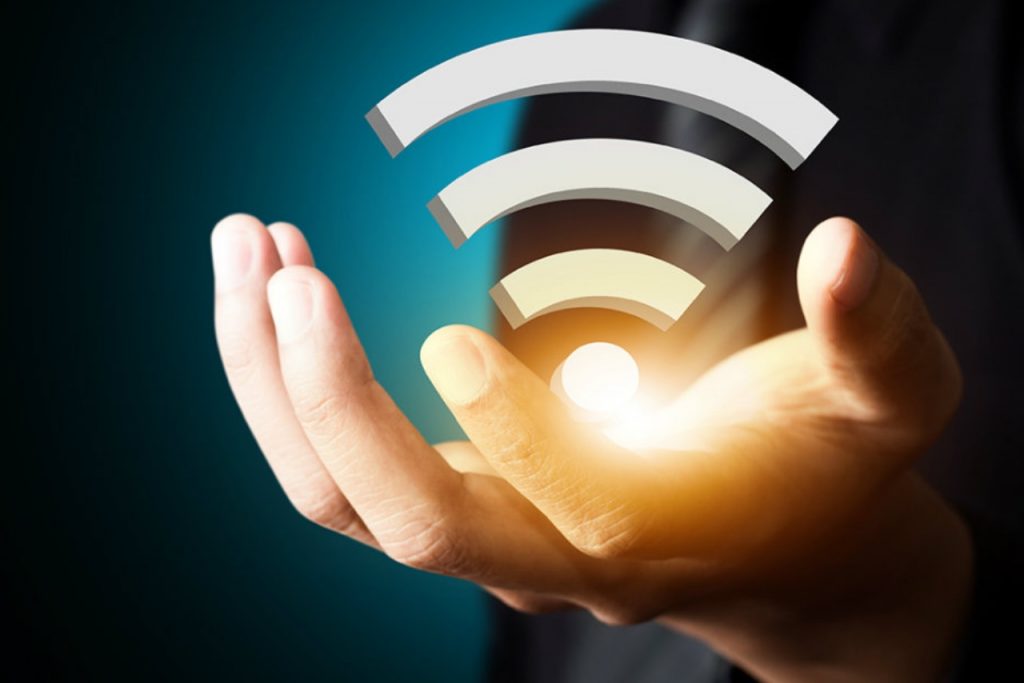When new parts of the world are exposed to wireless technology, their way of life improves. Remote regions that implement wireless technology help their people grow and prosper. Let’s take the benefits of wireless technology.
Advantages of Wireless Technology
Healthcare
When a disaster strikes in a remote region of the world, it can be almost impossible to communicate with the doctors and volunteers that are stuck in the middle of the action. Fortunately, wireless technology allows these people to communicate with the outside world, and this improves the distribution of medical information and treatments. NGOs, volunteers, and doctors can do a better job when they are able to communicate. Before wireless infrastructures existed, they had to depend on a region’s phone lines, and oftentimes, these didn’t work well. Today, wireless allows people to bridge gaps in medical treatments, information, and disease treatment, and it helps these people collect data that can be used to prevent the further spread of disease.
Protect the environment
It’s important to protect the environment, and with wireless technology, the world has gained new capabilities in this field. Scientists can use mobile devices to track wildlife in remote locations. When all of their data is neatly organized, they can spot trends that may show problems in the areas that they are studying.
How Technology is Helping in the Fight Against Wildfires
Mobile and wireless can be used to save endangered species and plants, and it’s personal, so it can be used to spread a message to the people who live in the area that needs help. Using wireless is much more effective than canvassing and email, so it helps the people who are trying to save an area to do their job efficiently.
Grow the economy
It’s a lot easier for businesses to succeed when communicating with people is easy. According to Ehsanollah Bayat, wireless technology has a dramatic impact on the success rates of local businesses. When there is an infrastructure in place, businesses can rely on more than word-of-mouth to help them succeed, and their success spurs the local economy. If wireless is provided to remote areas, it gives people the chance to build successful businesses; this creates stability, prosperity and a sense of community. When local business owners are successful, it benefits every person around them.
News reporting
Mobile devices and the Internet have changed how people get their news. It’s easy for people to hop online and read unbiased news stories. In remote areas, people don’t always have access to televisions and cable, but they can use their mobile devices to get the latest news; this keeps people up to date, and it informs them about what is going on around them. Access to information is a basic human right, and wireless communication allows this to happen in areas that have no other way to acquire information.
The Universal Declaration of Human Rights (abbreviated)
Social change
Good communication can facilitate positive changes in remote areas. When people have access to others, they can work together for social change. An informed populace is less likely to accept injustices when they occur, and wireless communication gives people the vehicle that they need for communication and learning. Wireless gives people in remote societies the power to make positive changes. Wireless has changed the world, and now that remote areas have access to wireless, their citizens are able to facilitate the changes that their social needs. The economy, health care, and communication among people improve with a solid wireless infrastructure, so it’s important to make sure that people around the globe have access to this medium; it helps them build a brighter future.
